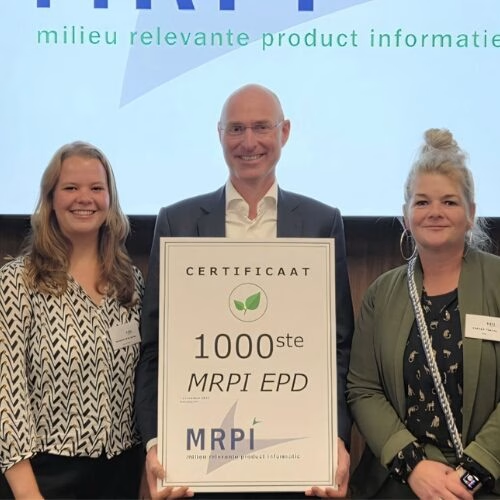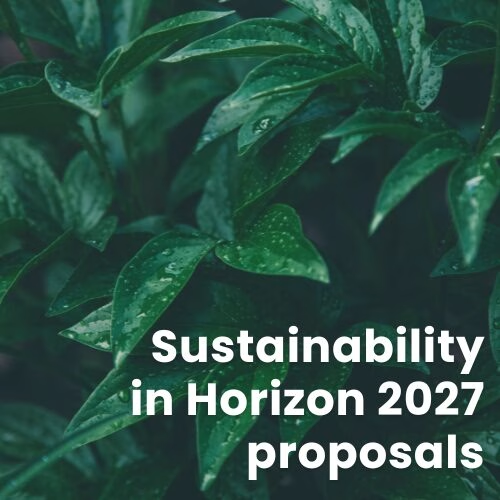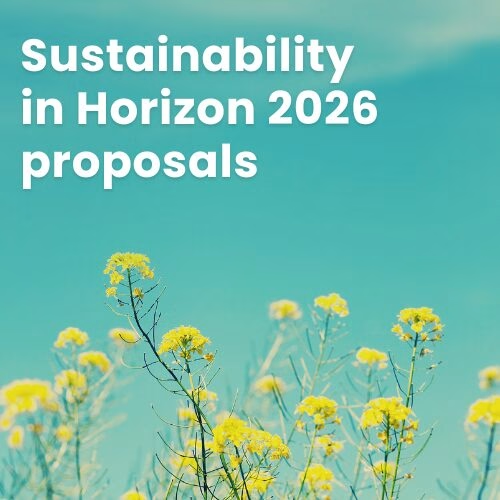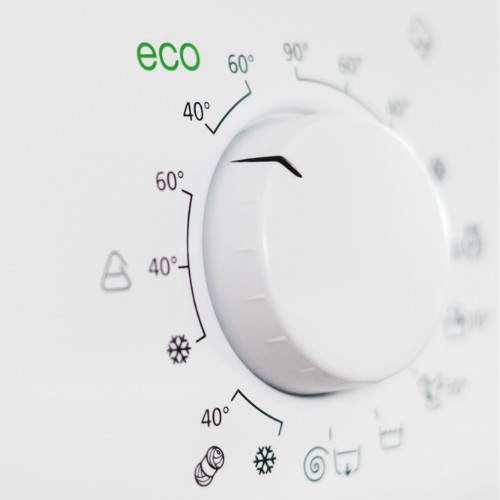Why are companies implementing sustainability more and more? Some companies just start because they feel it’s “the right thing to do”. By being aware of the opportunities of sustainability, maximum benefits can be obtained. Companies that successfully implement sustainability reduce their risks (and therefore costs) and increase sales. Top 5 most heard reasons why companies should implement sustainability.
1. Risk management
Companies are not only exposed to the risk of financial scandals, but also to non-financial risks, as these 5 corporate scandals from 2015 show. Bad management of environmental and social risks is related to product-safety issues, labour disputes, customer-relations fiascos, and so forth.
Proper risk management reduces costs for sure, but why not go for awards and recognition? Truth is the best friend of the innocent. Transparency is the key. Recovering from a bad reputation can be costly for the company and the employees involved. The ‘Volkswagen emission scandal’ resulted in less demand for VW brand models in the core Western European region and the United States. The corporate scandals from 2015 show that there is clearly more work to be done to achieve corporate transparency.

2. Anticipating legislation
Nowadays, a large part of the legislation related to environmental issues is determined within the European Union. A reactive approach often prevents companies from establishing efficient cost-control systems and growth strategies.
An example of ‘anticipating legislation’ is the decision of Renault to phase out (the currently quite popular) Diesel cars completely. Due to the Volkswagen emission scandal, starting in 2019, the European Commission announced that emissions performance tests for new cars will be based on real driving scenarios. This means that manufacturers ultimately have to spend more to treat emission systems.
Renault is expecting diesel engines to disappear from most of its European-market cars due to the ever-increasing cost of emissions equipment. It can be predicted that emission standards will push diesel cars like the Renault Clio out of the B-segment vehicles and even some C-segment vehicles like the Megane hatchback. Anticipating legislation, Renault decided to focus on electric cars.
3. Recruiting and retaining employees
Employees are far more likely to identify with an employer whose principles and practices are aligned with their values. Especially younger generations (e.g. millennials) are raised with a high level of understanding and of appreciation towards sustainability, so it is important that the company they work for share their values regarding sustainability. The Millennial generation, who, in the words of a study by consulting firm PwC, are eager “to contribute something to the world and … want to be proud of their employer.”
In one of our own benchmarking studies within the chemical sector, all participating companies said that they were very ambitious regarding talent retention (at least 4 out of 5 score) with an average priority score of 8 out of 10. Their environmental programs turned out to be an effective means of generating enthusiasm and motivating employees to achieve a common purpose, which is also essential to retain current employees.
CEO Paul Polman is convinced that Unilever, which draws about 2 million job applicants annually, has turned into a magnet for recruiting and retaining workers because it is considered a place of purpose.
4. Consumer engagement
There are many studies that claim the increasing interest of consumers in sustainability. For example, the Natural Marketing Institute (NMI) conducted an online study across 9 countries on how global attitudes and behaviours about sustainability engagement are changing: An increasing amount of consumers changed their behaviour to minimize their impact on global climate change. For sustainable companies, consumers are
- More willing to try products/services;
- More likely to buy products repeatedly and
- More willing to tell friends and family about the company.
A March 2014 year-over-year analysis by Nielsen showed an average annual sales increase of 2 percent for products with sustainability claims on the packaging and 5 percent for products that promoted sustainability actions through marketing programs. A review of 14 other brands without sustainability claims or marketing shows a sales rise of only 1 percent.
Keith Weed, the chief marketing and communications officer at Unilever, communicates the “evidence” that within Unilever, the purpose-driven brands (e.g. Ben & Jerry, Dove) have higher margins and twice as much growth compared to the other brands: “The brands that have not yet caught on to this, and are not thinking about how they will embed environmental and social sustainability within their business model, will not be around in the next 50 years.”
In the eyes of these consumers, sustainable practices will add value to the base expectation and be a part of a positive user experience. Or, as Tony’s Chocolonely says: “We want to make the most delicious chocolate of the best fresh cocoa without any bitter aftertaste.”
5. Long-lasting relationships with suppliers
Many of the environmental and social impacts of products do not occur on the site where they are produced, but rather at upstream and downstream product chains. Improving the sustainability of the supply chain may seem a costly exercise; however, the benefits can be enormous. For most companies, establishing strong, mutually beneficial long-term relationships with strategic suppliers is critical for generating greater cost efficiency and enabling the business to grow and develop.
How sustainability can help you to establish mutually beneficial long-term relationships can be illustrated by the example of Nespresso AAA quality coffee beans. Nespresso wanted to deliver very high-quality coffee to their customers. Their strategy was to pay more salary to the farmers and educate them on how to cultivate better quality coffee beans. By improving the sustainability of their supply chain, Nespresso managed to kill two birds with one stone: Not only did they manage to improve the quality of their product; but they also established a healthy long-lasting relationship with their suppliers.
Sustainability as a driver for competitive advantage
Every company should consider implementing sustainability KPI’s and develop a solid sustainability strategy. That doesn’t mean every company needs to make grand pronouncements and commitments (e.g. halving the environmental footprint of your products every year). But companies should be clear about how they’re delivering value to their customers while taking responsibility for the activities that affect the environment.
Try not to be fuzzy about your goals and mission, measure your progress, and make sure you’re your sustainability goals are taken into account in major company decisions. In an era in which brand reputation, cultivating talent, consumer engagement and long-lasting relationships are increasingly essential, implementing a meaningful sustainability strategy could be a company’s ultimate competitive advantage.













